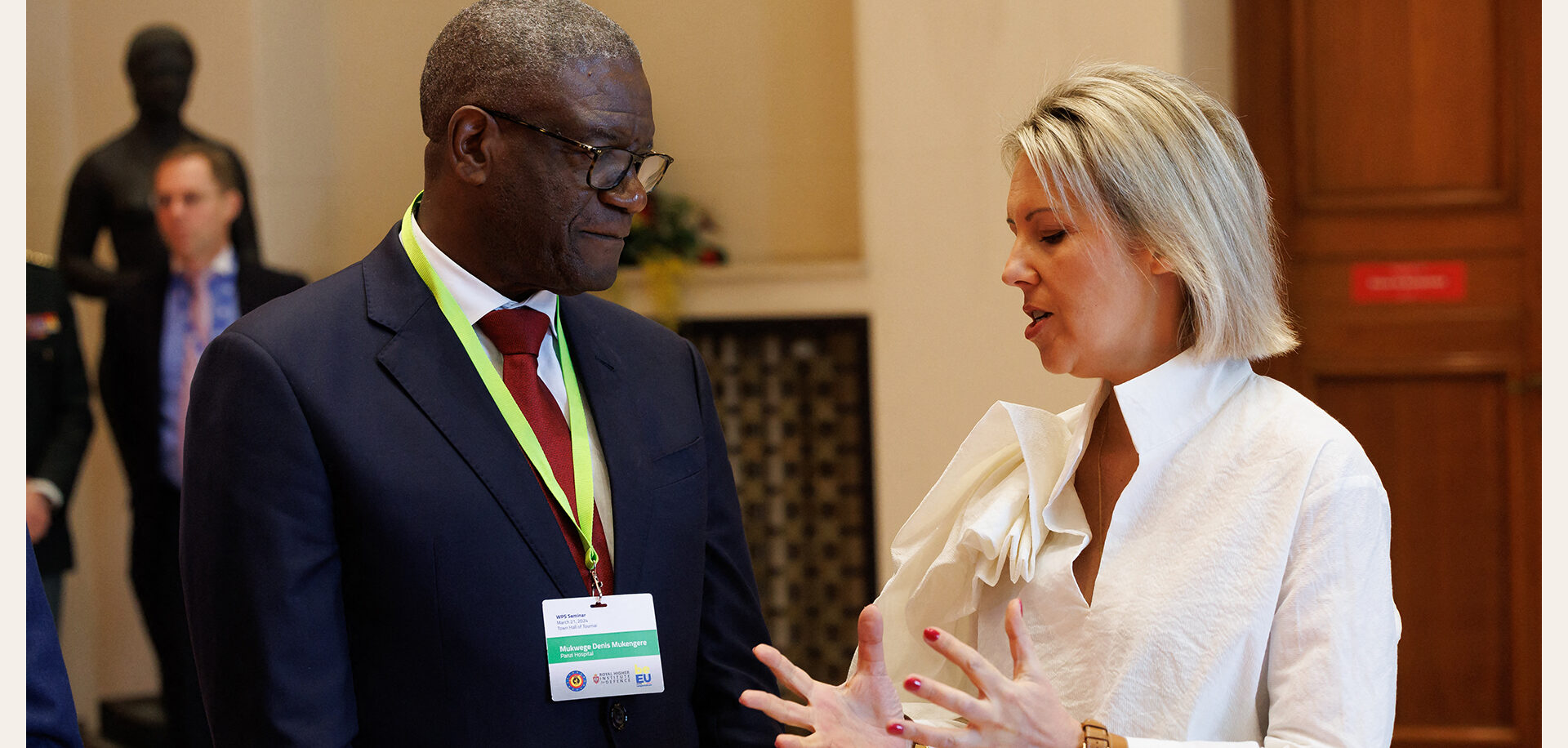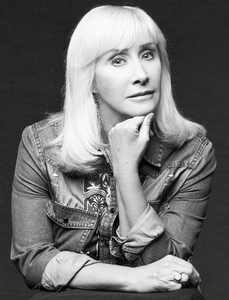It’s hard to surprise me these days. Still, even I was stunned to learn the U.S. Department of Defense is shutting down the “Women, Peace and Security” program — a bipartisan initiative signed into law in 2017, by President Trump.
Its goal was clear — to bring women to the table in matters of war and peace. The official U.S. Strategy on Women, Peace and Security outlines that “women’s participation and protection are critical for effective conflict prevention and resolution, peace negotiations, peacebuilding and peacekeeping efforts.”
It wasn’t theory — it was practice. The program trained U.S. military personnel on integrating gender into security efforts. It supported female negotiators in Afghanistan, funded peacebuilding in South Sudan and embedded gender analysis into foreign policy.
This wasn’t about being “woke.” It was about what worked. And the data tell the story: When women help shape peace, it lasts longer.
I’ve met some of these women — officers, negotiators, peacebuilders. They didn’t ask for special treatment. They asked for a chance to lead. And now, that chance is being taken away.
In April, Defense Secretary Pete Hegseth announced the program’s end, claiming it had become “too woke” and “divisive” — even though it originated under the administration he once served.
“Women are not accessories to peace; they are its architects.”
I say this not as an observer, but as a journalist who has spent decades listening to women who survived war, exile and unimaginable violence — and still chose to build instead of destroy. I’ve seen them offer a hand where others raised a weapon. Choose empathy over revenge. Begin dialogue with a quiet, powerful: “I hear you.”
I’ll never forget sitting across from a Ukrainian woman in New York. She had lost family, fled bombings. Technically, we came from “opposite sides.” But in that moment, we weren’t representatives of nations. We were two women. And in that space, something fundamental happened: connection.
Compassion that broke through fear, through anger and with it, the hatred that keeps wars alive.
It isn’t sentimental. It’s strategic. History proves it.
In Liberia, Leymah Gbowee led a women’s movement that helped end a brutal civil war and usher in Africa’s first female head of state.
In Yemen, Tawakkol Karman became the first Arab woman to win the Nobel Peace Prize for her peaceful resistance and fight for women’s inclusion in democratic reform.
In Korea, Christine Ahn led a group of women across the DMZ, insisting that women can speak the language of peace even in places where war never has officially ended.
In Israel and Palestine today, Yael Admi and Reem Hajajreh are uniting mothers from both sides with a simple, undeniable truth: “We refuse to let our children pay the price for failed diplomacy.”
These women are living proof that peace isn’t imposed, it’s built on trust. And trust begins with presence, participation and recognition that women’s voices aren’t decorative; they are decisive.
“In the halls of diplomacy, at negotiation tables, in global summits, women remain almost invisible.”
And yet, in the halls of diplomacy, at negotiation tables, in global summits, women remain almost invisible. Between 1992 and 2019, they made up just 13% of peace negotiators, 6% of mediators and 6% of signatories to peace agreements.
That’s not just unjust. It’s dangerous. Women aren’t victims waiting to be saved; they are strategic actors. They see what generals often don’t: hidden trauma, unresolved tension, the language of fear. And they know how to heal it.
That’s why it’s so alarming to watch governments roll back funding, dismantle programs and push women to the sidelines, not just symbolically, but tangibly. Especially when it’s framed as “efficiency” or “reform.”
Let’s be honest: This isn’t reform. It’s retreat. And the U.S. isn’t alone. More than 90 countries — from Canada and Sweden to Colombia and the Philippines — have adopted national action plans under the UN’s Women, Peace and Security agenda. Some have strengthened women’s roles in the military and peacekeeping. Others, facing political backlash, have quietly let their commitments fade.
This global backslide reveals what’s being contested: Policy and power, and who can hold it. In a world again choosing confrontation over cooperation, we can’t afford to silence those who know how to rebuild. Women are not accessories to peace; they are its architects.
Regarding war and peace, women’s voices aren’t optional but essential.
Oxana Pushkina is an international expert in women’s rights, gender equality and social policy, with more than 30 years of experience in journalism. She’s also a former deputy in the Russian State Duma and a former member of the Parliamentary Assembly of the Council of Europe, where she served on the Committee on Equality and Non-Discrimination, advocating for women’s and children’s rights. She now lives in the United States. In 2020, she was named one of the BBC’s 100 most inspiring and influential women. Pushkina is a Public Voices Fellow on advancing the rights of women and girls, a partnership between Equality Now and The OpEd Project.

